Interviews
Differences between Parents
Oh, my mother did these uh, what, I, there’s a word for it, but I don’t know what it is the little birds, these wooden birds that you would paint. Uh, we have one somewhere, but it’s a really beautiful job she did.
And she’s the art half of this, you know, and my father was old school, old school Japanese, so he wanted us to be doctors or something you know, the aspirations. Art just didn’t enter his, his thinking. He never, he wanted us to be conventional and, I could never be that, you know.
But my mother was the soft one. And she was the art one, she would do us in camp, she liked to do the bonsai and the, whatever it was there. She did, did the arts, you know? He worked, he worked in the canteen, the store that was there, and his life has always been that, his business kind of mind, I don’t, I didn’t get that gene, obviously, you know.
Date: September 8, 2011
Location: California, US
Interviewer: John Esaki, Kris Kuramitsu
Contributed by: Watase Media Arts Center, Japanese American National Museum
Explore More Videos

Thoughts on relationship between Japanese Peruvians and Japanese Americans at Crystal City, Texas
(1937 - 2021) Teacher

Encountering a train full of Japanese Americans being transported to a concentration camp
(b. 1923) Chick sexer
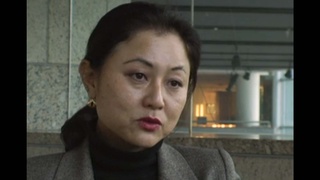
Concentration camp from a Japanese mother’s point of view (Japanese)
Shin-Issei from Gifu. Recently received U.S. citizenship

Sneaking out of the Hastings Park camp during World War II
(b. 1928) Doctor. Former Chair of the Japanese Canadian Redress Foundation.

Hiding out to avoid the concentration camps (Spanish)
(b. 1932-2016) Peruvian painter

Closing the Japanese school and deportation (Spanish)
(b. 1932-2016) Peruvian painter
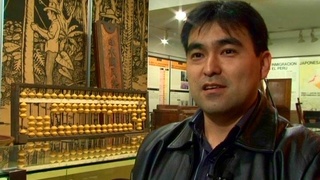
Taiko, an element that represents strength (Spanish)
(b. 1974) Director of Ryukyu Matsuri Daiko in Peru
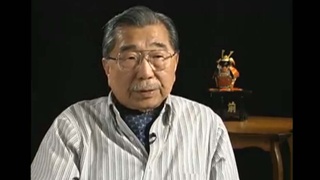
A Dutiful Son
(1918-2012) Fought the constitutionality of Executive Order 9066.

Bypassing the Constitution
(1918-2012) Fought the constitutionality of Executive Order 9066.
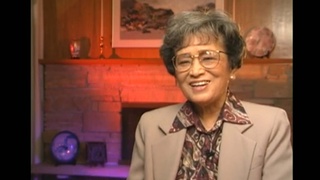
Erasing the Bitterness
(1923–2008) One of the leaders behind the redress movement.

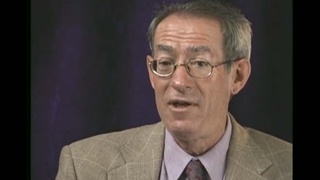


Recalling Pinedale and Tule Lake concentration camps
Judge, only Japanese American to serve on CWRIC.

A memorable CWRIC testimony of an unjust situation
Judge, only Japanese American to serve on CWRIC.
